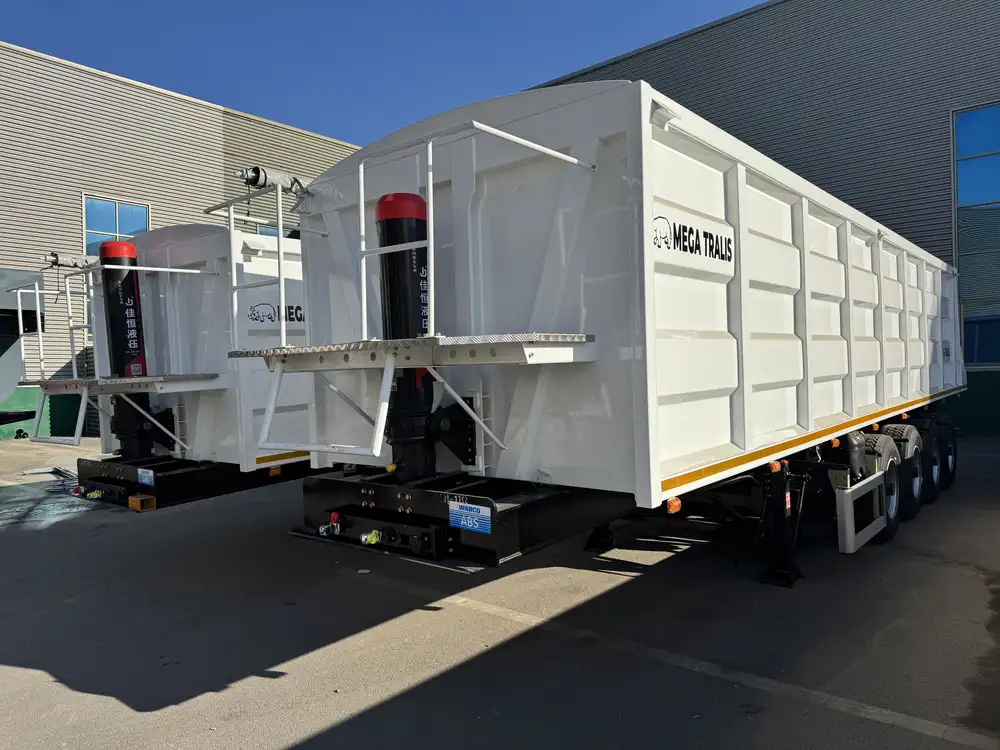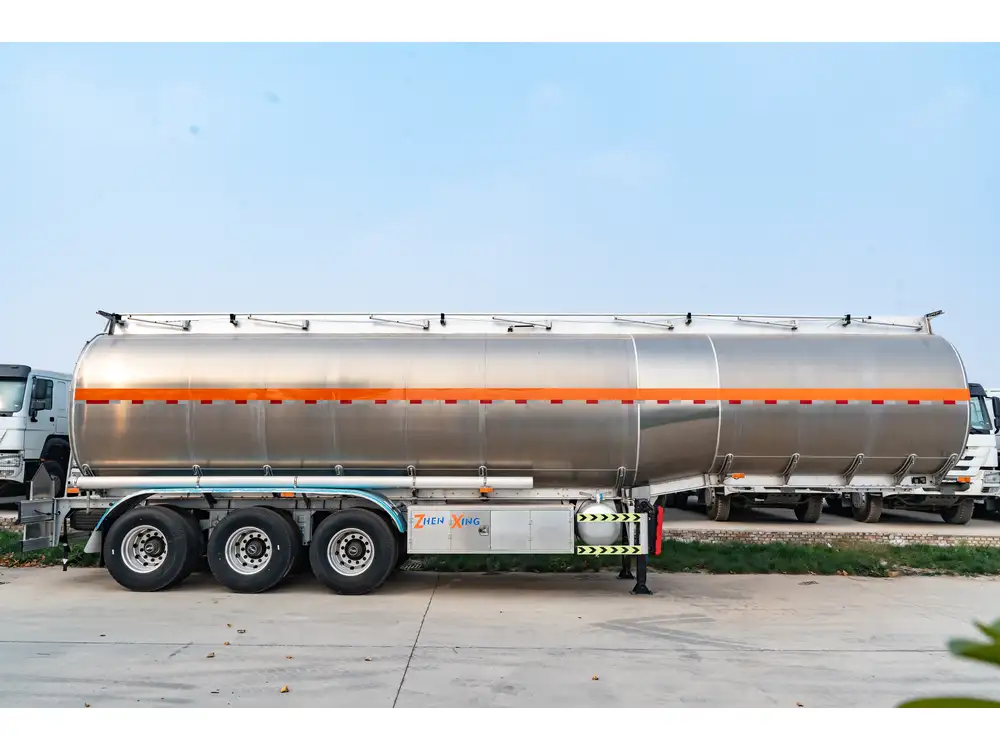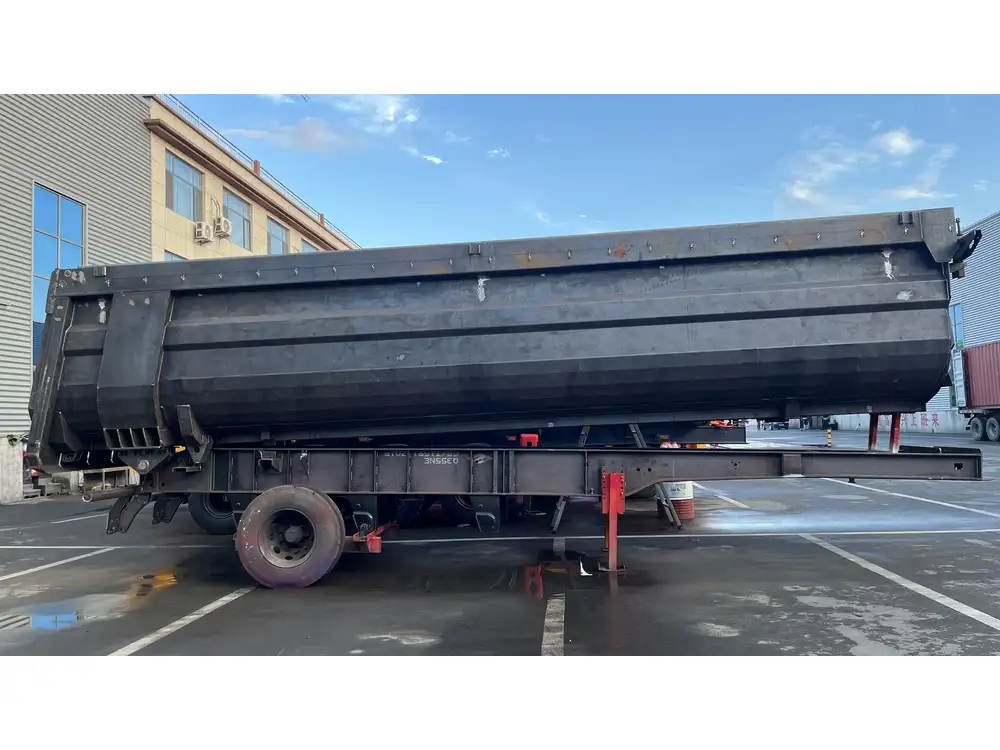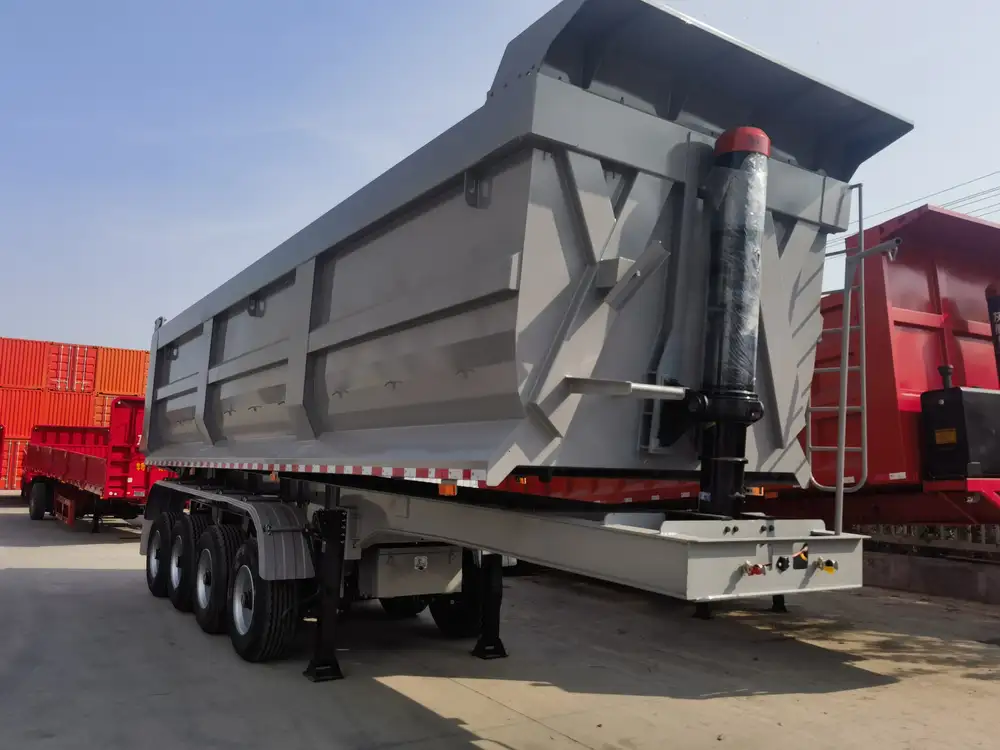Understanding Battery Isolators
When it comes to operating dump trailers, the importance of having adequate electrical systems cannot be overstated. In this context, a battery isolator becomes a pivotal component, serving various functions that enhance the performance and safety of your trailer. Essentially, a battery isolator is a device designed to keep the trailer’s batteries separate from other batteries, preventing potential electrical problems while ensuring optimal power distribution for all onboard systems.
How Battery Isolators Work
A battery isolator acts as a gatekeeper for your trailer’s electrical systems. Here’s how it functions:
- Power Management: It selectively allows charging of the trailer batteries while isolating them from the vehicle’s primary battery to prevent power drain.
- Protection from Short Circuits: By isolating the batteries, it safeguards against potential short circuits that can cause significant damage to sensitive electrical components.
- Extended Battery Life: With efficient power distribution and management, it can enhance the longevity of the trailer’s batteries.

Why Is a Battery Isolator Beneficial for Dump Trailers?
1. Preventing Electrical Overload
Dump trailers are often equipped with hydraulic systems powered by electric motors. These demanding systems necessitate a reliable power source. Using a battery isolator can help manage the power distribution effectively, ensuring that the primary battery does not get overwhelmed.
2. Enhanced Safety Features
Given the heavy-duty operations dump trailers are involved in, safety remains paramount. A battery isolator enhances safety by:
- Avoiding Battery Drain: Ensuring that the primary vehicle battery remains charged for safe operation and ignition.
- Short-Circuit Prevention: Minimizing the risks associated with electrical faults, which is critical given the complexity of trailer systems.

3. Simplified Maintenance
With a dedicated battery isolator, users can simplify maintenance routines. Regular checks and the ability to disconnect batteries for maintenance without removing connections can facilitate easier upkeep.
Key Considerations When Using a Battery Isolator
1. Choosing the Right Isolator
Selecting the appropriate isolator for your dump trailer requires consideration of various factors, including:
- Amp Rating: Ensure the isolator can handle the load from your trailer’s hydraulic and electrical systems.
- Type of Isolator: There are two main types: diodes and solenoids, each offering unique advantages depending on your specific needs.
| Type of Isolator | Advantages | Disadvantages |
|---|---|---|
| Diode Isolator | – Simplicity – No moving parts – Compact footprint | – Slight voltage drop – Not suitable for very high currents |
| Solenoid Isolator | – No voltage drop – Handles high loads well | – Requires control mechanism – Bulkier and more complex |

2. Installation Process
Proper installation is crucial for maximizing the benefits of a battery isolator. Key steps include:
- Location: Position the isolator close to the batteries to minimize voltage drop and ensure efficient connection.
- Wiring: Use high-quality wiring to connect the isolator to the batteries, following manufacturer guidelines for safety.
- Testing: After installation, perform rigorous testing to ensure that the isolator is functioning correctly and there are no shorts or loose connections.
3. Maintenance Tips
To keep your battery isolator functioning optimally, consider the following maintenance practices:
- Regular Inspections: Check for any signs of wear, corrosion, or loose connections at least twice a year.
- Cleaning: Keep the isolator and connections clean to ensure efficient power transfer. Use a wire brush to remove corrosion and debris.
- Battery Health: Monitor the condition of your batteries regularly to ensure they are charged and operating efficiently.
Potential User Concerns

Do All Models Require a Battery Isolator?
While not every dump trailer model may strictly require a battery isolator, it is highly recommended for those utilizing electrical systems for hydraulic operations. In cases where:
- The trailer often remains connected to a towing vehicle,
- The primary vehicle battery is at risk of draining,
a battery isolator provides peace of mind and a safety net.
What Are the Alternatives?
For users considering different setups for their dump trailers, alternatives to battery isolators include:
- Standard Relay Switches: These can disconnect power but lack the safety features of advanced isolators.
- Direct Wiring: Directly connecting batteries can save costs but poses significant risks for power management and safety.
How Much Does a Battery Isolator Cost?
Investing in a battery isolator can range from $30 to $200, depending on the type, brand, and specific features. However, the investment pays off through enhanced performance and safety as well as the potential cost savings generated from improved battery longevity.

Real-World Applications of Battery Isolators in Dump Trailers
Case Study: Construction Sites
On construction sites, where operational efficiency is critical, dump trailers equipped with battery isolators experience fewer electrical failures and downtime. By allowing continuous operation of hydraulic systems while preserving the vehicle’s battery, these trailers effectively handle heavy loads without risking vehicle usability.
Scenario: Agriculture and Farming
In agricultural applications, where dump trailers are frequently used for transporting materials across varying terrains, battery isolators become essential. They ensure that productivity remains high, safeguarding the vehicle’s operational readiness, even during intense usage periods.

Example: Waste Management
In waste management operations where dump trailers frequently lift and lower heavy loads, a battery isolator mitigates electrical risks. It supports the heavy-duty hydraulic systems crucial to the trailer’s operation while maintaining the vehicle’s electrical health.
Conclusion: The Bottom Line on Battery Isolators for Dump Trailers
The necessity of a battery isolator in dump trailers, especially those equipped with hydraulic systems, cannot be overstated. With benefits that encompass enhanced safety, improved battery management, and simplified maintenance, integrating a battery isolator into your dump trailer setup is a wise investment.
While some models may operate without one, the potential pitfalls associated with electrical failure and battery drain make it clear that a battery isolator serves as a robust solution for anyone operating machinery requiring reliable power. Ultimately, choosing the right battery isolator and ensuring its proper installation and maintenance will elevate the operational capacity and safety of your dump trailer, ensuring it withstands the rigorous demands of your work environment.
For those venturing into the world of dump trailers, whether for construction, agriculture, or waste management, acknowledging the power management needs is pivotal. Embrace the best practices of securing a battery isolator to safeguard your investment and enhance the efficiency of your operations. By doing so, you ensure a seamless conjunction of power and performance, unlocking the full potential of your dump trailer.



